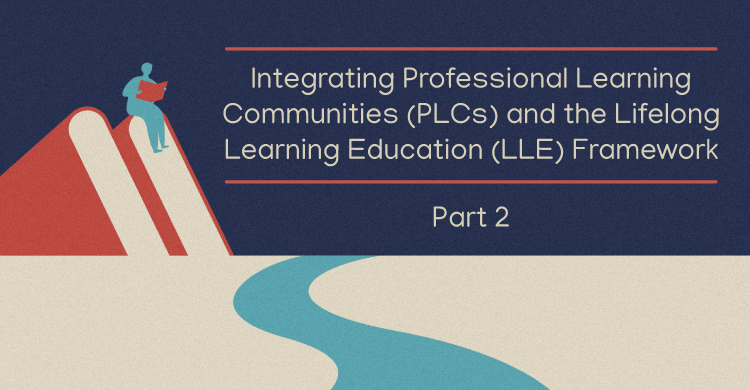As I travel and interact with colleagues at various professional learning opportunities, I often hear them state that issues related to student misbehavior are the most stressful part of their professional lives. I get many requests for advice and/or assistance related to behavior management because teachers feel unprepared to manage misbehavior effectively.
Dealing with problem behavior is vexing in part, because of our approach to the challenge. Too often it’s assumed that misbehavior is a “won’t do” problem. Academic struggles, in contrast, are often viewed as a “can’t do” problem. How educators approach each of these further exacerbates the challenge. Academic struggles are handled with remediation and re-teach opportunities while problem behaviors are managed with consequences. What would it look like if, every time a student experienced a struggle (academic or behavior), we began with the premise that it was a “can’t do” or skill deficit problem? Would it change our approach? In our recently released book Uniting Academic and Behavior Interventions, colleagues Mike Mattos, Austin Buffum, Chris Weber and I suggest that both the approach and the outcome would be different:
Likewise, if our job as educators is to raise healthy, productive, successful adults, our students will not need either the academic skills or the behaviors and dispositions needed to succeed as an adult, but both the skill and the will. We believe that consistent and positive behavioral expectations and environments will lead to improved learning, and we believe that more engaging instruction will lead to improved behavior. Instead of creating processes and pyramids that separately address behavior and academics, we will consistently and avidly make the claim that they are interconnected and mutually reinforcing and thus must be viewed and implemented as a singular process.
In response to requests for new ideas, I make it very clear there is no one way that has universal results, no “magic bullet” to remediate all misbehavior. Those in pursuit of that outcome are looking for the “spray and pray” formula where one application is all that is needed – provided every other variable is controlled and schools don’t receive any new students or any unique challenges, and crossing your fingers actually works! The good news is that there are some strategies that work for most students, and they are simple and cost-effective. Here are three:
- Modeling what we teach impacts all students and sends the message that we are doing the right things for the right reasons, reasons that exist beyond the school.
- Learning every students’ name helps them to build a connection to you (and vice versa) and allows for direct communication both in positive form, and when correction needs to occur
- Treating your most challenging student the way you treat your most thriving student builds a positive culture. This is built off a foundation of common expectations and does not imply ignoring off-task behavior. Instead, it is agreeing that respect, for example, is one of our common expectations and that we will process all issues (even the misbehavior) respectfully.
One of our touchstones in education should be the constant reminder that we are, first and foremost, learning environments. If we are simply looking for compliance, then it’s merely a question of determining what “scares the student the most”, and we’ll need to prepare for the consequences that come with that (resentment, apathy, retribution to name a few). If we believe instead, that learning can occur from failure, that “can’t do” often is cloaked by “won’t do”, that all students have potential; we need to re-think the struggles that occur when students exhibit off-task behavior. Rather than focusing on what we need to do to students, let’s shift to what we need to do to work with students. Why? Because we need them all, every single one of them, to make a healthy, successful transition to their adult lives.
[author_bio id=”397″]







Tom. I love this. The classrooms that operate as compliance machines usually have the most non-compliance. Was talking with teacher today and told them you got to give love to get love. Check out my blogpost similar to yours http://cradisch.blogspot.com/2013/03/classroom-leadership.html?m=0